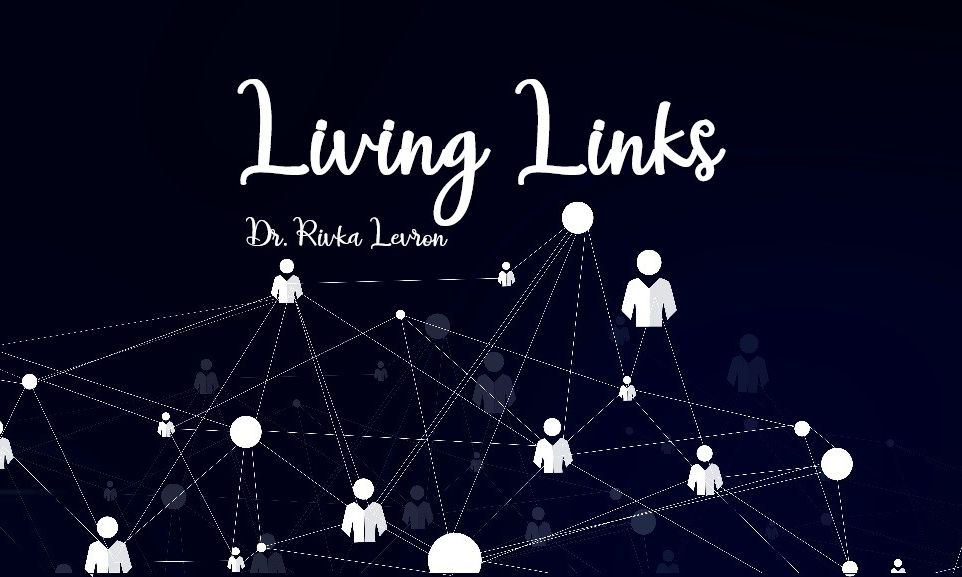
Living Links
I take a load of towels out of the washer and continue to contemplate as I hang them on the line outside. We are back home. In Eretz Israel. Living...

Rosh Chodesh Cheshvan. Hard to believe it’s already here. The last of our boys just left with his backpack and suitcase for yeshiva. The house is so quiet. This morning they all got up early, folded their clean clothes and packed their suitcases. It’s a pleasure to see them all growing up and becoming responsible. Our living room looked like a military operation – empty laundry baskets piled on the table, stacks of clean clothes and bags of snacks. I provided homemade chocolate cookies: not much, but it gives me satisfaction to contribute something to their learning.
After the last one went out the door, I pause to whisper a prayer for all of them, that each one succeed in his learning, and grow into the kind of young man who will give gratification to Hashem and his parents. I reflect for a moment about each one with his unique strengths and characteristics – this one with his gift of speech, and that one with his undemanding nature, and yet another with his willingness to help. And then I sit down to read Psalm 119 that I read each week, for their success in learning Torah. Why wait (like usual) till Friday night?
And I think some more as I begin to tackle the piles of laundry. It’s such a privilege to raise sons who attend yeshiva. I’d never heard of a yeshiva when I was their age. But during the last few weeks on our trips around Eretz Yisrael, we all learned together about our common heritage.
We saw the ruins of Lachish, the second capital of the Judean kingdom, destroyed by both Senchariv of Assyria and again centuries later by the Babylonian king Nebuchadnezzar. To the southeast lies another ancient fortress built by the Judean monarchs; on the highest hill in the area, Tel Arad stands as a silent testimony, guarding the surrounding desert.
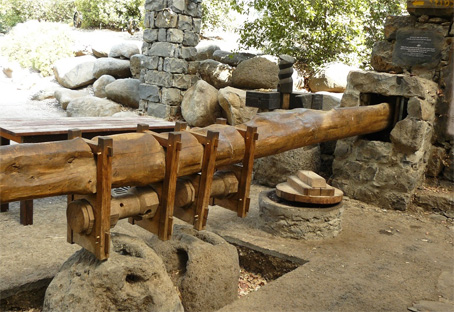
Some kilometers to the north, on the border between the Negev and Har Hevron, lies Susya, ruins of the mysterious and hidden city of Kohanim. Susya was a hideout of observant Jews in the fourth to eighth centuries, who maintained Hebrew as their language, dug caves for houses as protection against the scorching desert heat and escape tunnels against marauders, and built a beautiful synagogue as a fortress and the center of their daily lives. In a city of 3000 people, they built 30 ritual baths, or mikvaot. And where did they get water to feed their livestock and to fill these mikvaot, living as they did on the edge of the desert? Why and to where did they disappear suddenly, without a trace? Nobody knows. But the evidence of their perseverance and dedication remains an inspiration till today.
We also visited ancient Katzrin in the Golan Heights, the region where 25% of all synagogues in Israel were located in the time of the Talmud. We saw how families lived in those times, and walking through the ancient Israeli village, we imagined as if the recreated home was our own. A tiled wine press, ancient olive presses (photo, above) and weaving looms, water skins and clay storage pots – it was all right there in front of our eyes. Quotes from the Talmud about the sale of olive presses made the words of the Sages come to life.
I take a load of towels out of the washer and continue to contemplate as I hang them on the line outside. We are back home. In Eretz Israel. Living. What an incredible miracle that, after all these years, after all the devastation and so many empires who came, conquered and destroyed, left and perished, we are once again thriving as Jews who keep mitzvot in the hills of Judea. True, our lifestyle is dissimilar from our ancestors who pressed their own olive oil and trampled their own grapes into wine. But our values, traditions, and most importantly the words of the Torah – these are the same.
I am filled with wonder, gratitude, and true amazement as I watch our sons go off with a smile to study, to learn the ancient words of Gemara, of Rabbi Akiva and Hillel. These boys are in their teens, full of youthful energy. Every one of them takes a different bus or several buses to various cities, with a heavy load in the hot sun, to reach his individual yeshiva. They are unalike, each one on his own unique path within Torah Judaism.
So many distractions and temptations surround them on every side, so many places they could go instead of to study holy books. Such a route is not to be taken for granted: the outside world is at their fingertips. And yet, here they are, innocent and pure, despite their differences and difficulties, each in his own way, following the true road that connects us back to the generations of Jews who learned these same words. And I hope that having seen these ancient Jewish communities will bring continuity and greater meaning to their learning.
I put the last load of laundry in the washer and thank Hashem again for the gift of such beautiful sons and such a glorious heritage. As the new zman (semester) begins, may Hashem grant each of them, all of our sons in every yeshiva all over the world, the koach (strength) to continue on the right path and bring only nachat to Him and to us, to continue as links from Avraham Avinu to Mashiach.
And for their equally precious brothers and many other sons who are not in yeshiva, I pause again and breathe another prayer, that each of them should also be blessed to walk on the right path and find their own true way in life, amen!


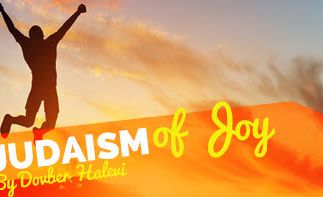
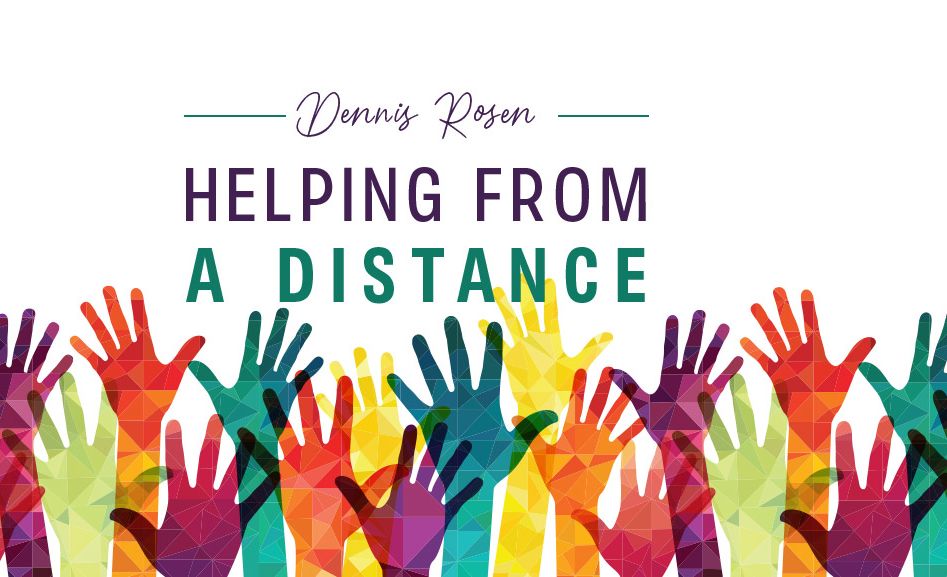


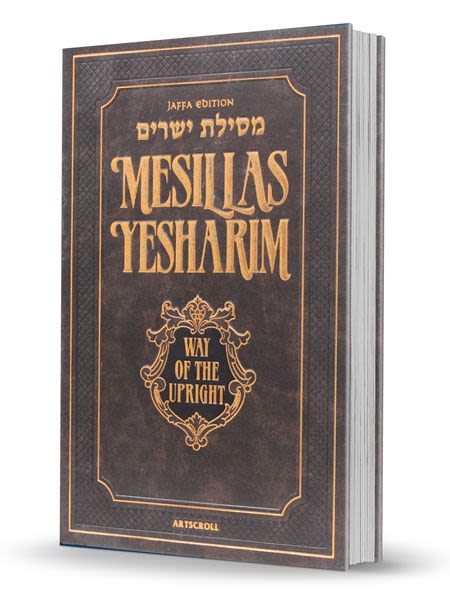


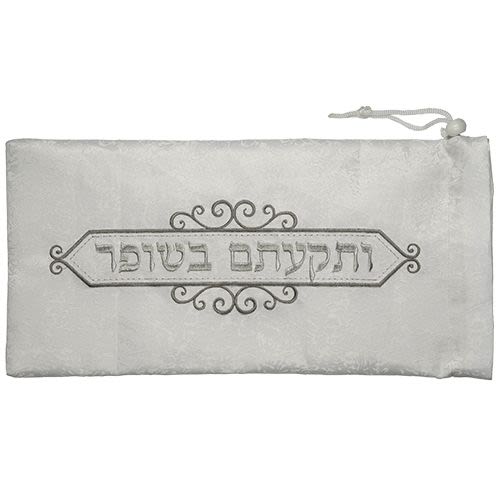
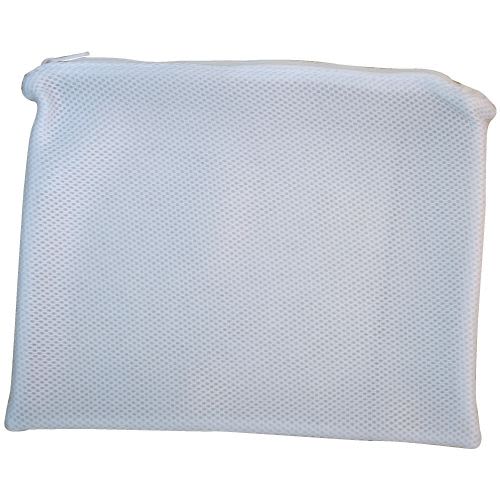
Tell us what you think!
Thank you for your comment!
It will be published after approval by the Editor.